Top Story
The escalation of the supermarket price war combined with health-conscious shoppers sticking to New Year resolutions helped push food sales to their best performance for a year.
With total grocery sales now rising for two consecutive months, the industry has reached its best performance since February 2014, with a three-month average of 0.2% growth, according to the latest British Retail Consortium (BRC) retail sales monitor, compiled along with KPMG.
It was an “encouraging sign from the battlefield”, KPMG head of retail David McCorquodale said.
However, demand which relies purely on discounting to lure in consumers could be in danger of entrenching certain shopping habits which may be hard to shake.
“After a subdued December, retailers experienced a semi-revival in fortunes as shoppers took advantage of the bargains on offer in the January sales,” McCorquodale added. “These figures clearly demonstrate the difficult cycle that retailers are trapped in.
“Demand is now almost solely driven by discounts, with shoppers very reluctant to buy goods at full price in the hope that yet another sale could be just around the corner. This promotion-led environment risks becoming the new normal: retailers are struggling to persuade consumers to break the habit and go back to the traditional sales cycle.”
Once adjusted for food deflation, as measured by the BRC-Nielsen Shop Price Index, food sales hit growth levels for the first time since September 2013, at 0.4%.
Like-for-like sales also showed improvement, with the three month average slowing to a 1.8% decline, down from -2.2% in the previous three months.
The uptick in food sales was partly attributed to a January consumer focus on healthy eating, with offers on fruit and vegetables leading to increased year-on-year sales every week throughout the month.
The latest results also show the gap is now narrowing between food and non-food sales, with the three-month average for non-food growth now standing at 2.7%. Overall retail sales were up 1.6%, above the 1.4% 12-month average.
Overall UK retail sales increased by 0.2%, on a like-for-like basis from January 2014, when they had increased 3.9% on the preceding year.
Morning update
Ocado (OCDO) shares bounced back this morning following a 4.3% slump at the very close of play yesterday as more than a tenth of the day’s volume went through in the last minute. It spurred speculation of a possible trading error with the stock. The online retailer has recovered in the early going to get back to the 400p level it was at yesterday before the plunge.
Elsewhere it has been another fairly quiet morning with little activity in the grocery sector on the London Stock Exchange.
M&S (MKS) was one of the few retailers making a move up this morning with its stock climbing 2.2% to 486p. New Britain Palm Oil also continued its ascent (see below), up another 1.8% to 707.5p.
Yesterday in the City
More news of Tesco (TSCO) demanding price cuts from suppliers failed to have a negative effect on the retailer’s share price as its stock was one of the best performing in the sector yesterday. By the close of play, Tesco’s share price was up 2% to 233.4p as Reuters reported the supermarket was looking to sell a majority stake in data-gathering arm Dunnhumby rather than an outright exit.
New Britain Palm Oil’s shares edged ever closer to the proposed takeover price of 715p from Sime Darby. It finished the day 1.4% up at 705p as the palm oil group told the market it had cut its offer period to 23 February.
Tate & Lyle (TATE) halted its miserable slide (down almost 14%) following Friday’s profit warning. It gained 1.2% to get back to 580.5p.
At the opposite end of the scale Coca Cola HBC continued to suffer from the uncertainty in Greece as the new government, the ECB and Berlin lock horns. The bottler, which has a dual listing in Athens, saw its share price falter again by 2.1% to 1,079p.
Other fallers included Greencore Group (GNC) (down 2.3% to 306.6p) and Premier Foods (PFD) (down 1.7% to 44.3p).







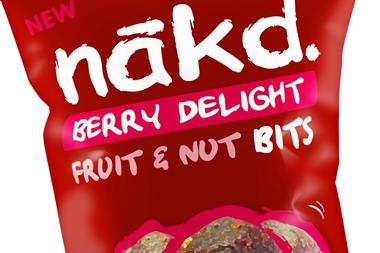
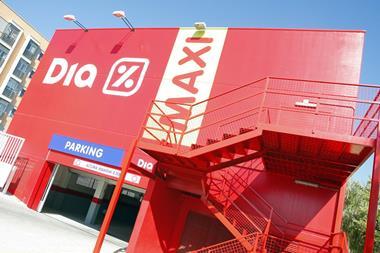
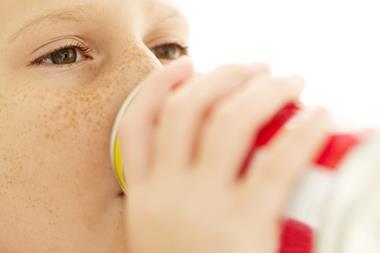
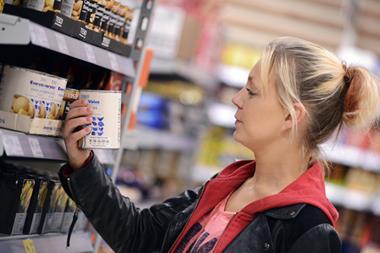
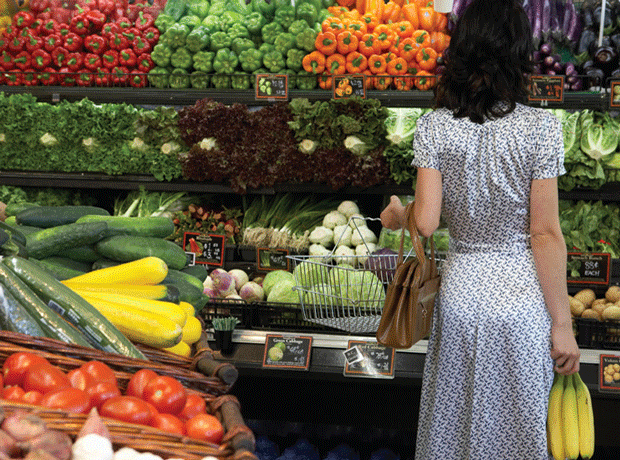







No comments yet